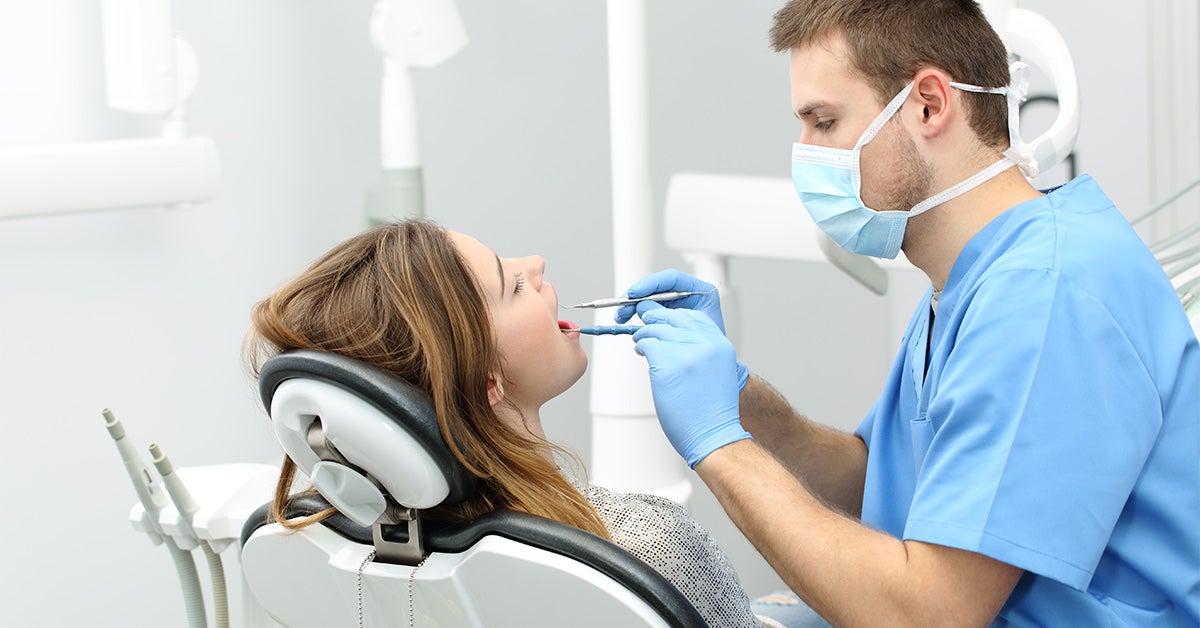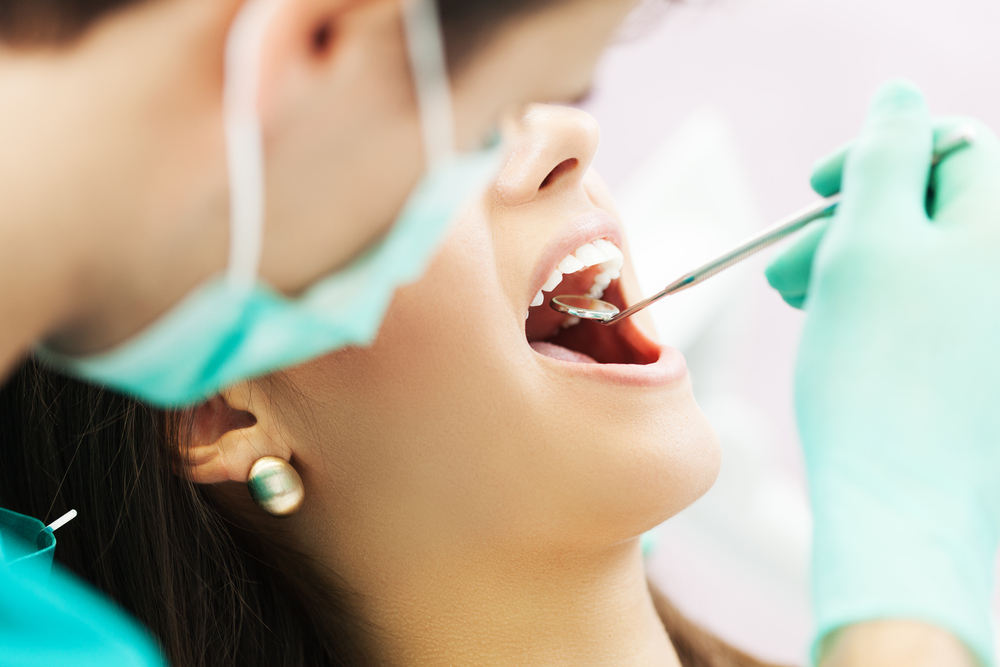
If you haven’t been to a dental check-up in a while or this is your first time going, you may be nervous. Most humans fear the unknown, but once you know what to expect from your dental check-up and clean in Geelong, your fear and anxiety may be reduced. Here is what an average check-up will look like.
Remember, you are there for your benefit. Do not be afraid to ask your dentist any questions about treatment and bring up any concerns about your dental health.
Table of Contents
Assessing Your Medical History
Before they get started on any medical exams, your dentist and dental hygienist will examine your medical file and ask you any questions they have about your medical history. They may ask about previous dental issues as well as chronic health conditions and allergies that don’t seem to have much to do with your teeth. That is because some health conditions impact your oral health, while others may make it dangerous for them to X-ray you.
Answer any questions to the best of your knowledge and do your best to relax.
Performing a Medical Examination
At the start of your dental check-up and clean in Geelong, your dentist or hygienist will examine your mouth to check for cavities, tartar, and any diseases. They will perform a physical examination of the gums, cheeks, tongue, and jaw to check for disease or even cancer if you are at risk.
In some cases, you may need X-rays done. Your dentist will take X-rays to see if you have any cavities that need to be filled. The type of X-rays you will take depends on the dentist. Some have a special device to put film in your mouth and they will take several images from different angles.
Cleaning Your Teeth
Cleaning comes after your dentist realises that there are no major issues with your mouth and teeth. However, getting a professional cleaning at the dentist is different from brushing your teeth with a toothbrush and toothpaste at home.
Your dentist or hygienist will use a process called scaling, a cleaning technique that uses special equipment called scalers to clean deep in the gum line. Scaling gets rid of plaque and tartar that you may not be able to reach through ordinary brushing or flossing (or that may have built up after forgetting to floss for a long time).
Once you are done with scaling, your dentist or hygienist will polish your teeth with something called fluoride paste. Fluoride paste protects your tooth enamel from decay and is more effective at cleaning away stains or plaque than regular toothpaste.
Dental cleaning should not be very painful unless you have gum problems or sensitive teeth. However, it can be a little uncomfortable. You probably won’t be used to the sensation of scalers poking at your teeth, and the fluoride paste can feel gritty and uncomfortable. Just remember this dental cleaning is essential in improving your dental health. Your dentist is there also help you get through any discomfort and will give you water at the end to rinse out any leftover paste.
Aftercare
Your dentist is concerned with your dental health even after you leave the office, not just when you are sitting in a dental chair. At the end of most visits, you can expect to get information about how to take care of your teeth. Your dentist or hygienist can advise you on the best brushing and flossing techniques.
Dentists are not dieticians, but they can also make nutritional recommendations. Sugary foods and acidic drinks damage your teeth so your dentist may advise you to limit your intake of some products.
At the end of a visit, some dentists may even give you a goodie bag with a travel-sized toothbrush, toothpaste, and other items you need to maintain your oral health.
Once you know what to expect during a dental check-up, you can let go of some of your anxiety and fear. Your dentist and hygienist are there to help you maintain your oral health so ask any questions you may have and they’ll be more than happy to provide any advice and guidance.

